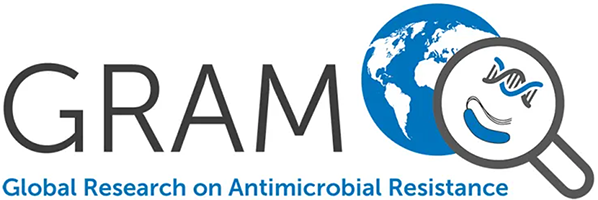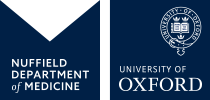Pre- and post-intervention survey on lung cancer awareness among adults in selected communities in KwaZulu-Natal, South Africa: A quasi-experimental study.
Dlamini SB., Sartorius B., Ginindza TG.
BACKGROUND: Lung cancer remains the number one cause of cancer mortality estimated at 1.8 million deaths. There are limited studies in resource poor countries regarding knowledge, attitudes and practices towards lung cancer. OBJECTIVE: This study aimed to assess the effects of a lung cancer awareness intervention in selected communities in KwaZulu- Natal, South Africa. MATERIALS AND METHODS: A quasi-experimental study design was conducted in the selected communities in KwaZulu-Natal. A community intervention was administered in the communities after a baseline survey. The intervention effects were assessed a month after implementation. RESULTS: There were statistical differences in the mean age (p<0.001) and proportion of males and females (p<0.001) at baseline and post-intervention. There were no differences in terms of smoking status (p=0.958), however, there was a reduction in the number of cigarettes smoked per day (p<0.001) and the number of packs smoked per week (p=0.026). The mean knowledge score increased from 41.8% (95% CI 35.7 - 47.9) at baseline to 59.9 (95% CI 53.8 - 66.0) post-intervention (p<0.001). The proportion of participants who were aware that lung cancer can be detected early increased from 46.5% (95% CI 39.1 - 53.9) at baseline to 81.1% (95% CI 71.7 - 87.9) post-intervention (p<0.001). The intervention had a statistically significant effect (aOR 4.370, 95% CI 1.477-12.928) on the level of lung cancer knowledge in the selected communities (p<0.001). CONCLUSIONS: Interventions increasing the recognition of signs and symptoms, focusing on the importance of early detection and health seeking behaviour (including screening), smoking cessation, and addressing the perceived health system barriers are required.

